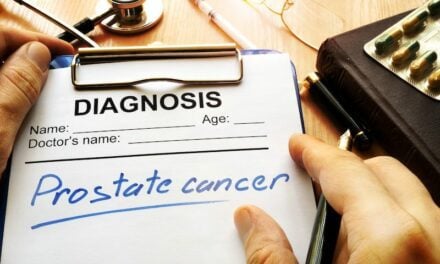SensiGen LLC has announced a new program to make the Company’s AttoSense™ HPV assay available to head and neck cancer researchers worldwide after recent studies showed that the success or failure of various treatment options (chemotherapy, radiation, extensive surgery) are largely determined by the viral load of Human Papillomavirus (HPV) in tissue samples from patients.
These studies, carried out by the Head and Neck Oncology Team at the University of Michigan and published in the Journal of Clinical Oncology, demonstrate that head and neck cancer patients with higher concentrations of HPV, a virus long known to be associated with head and neck cancer, cervical cancer, and others, are much more likely to respond to organ-sparing chemotherapy than patients without high concentrations of the virus. This finding could offer significant hope for thousands of head and neck cancer patients facing uncertain and unpleasant treatments.
"The data clearly show the importance of quantitative HPV testing in patients diagnosed with head and neck cancer," said Dr Thomas Carey, leader of the University of Michigan based team that reported the breakthrough results this summer. "With the AttoSense HPV test and other biomarkers, we may soon be able to pinpoint the right therapy for each patient and maximize the chance of success on the first try, thus reducing the number of people who must endure multiple costly and uncomfortable treatments."
SensiGen’s AttoSense diagnostic assays are capable of accurately identifying minute quantities—in some cases as little as a single copy—of the biomarkers that signal the onset of major diseases or the pathogens that cause them. AttoSense HPV is the only assay in the world that can quantify and determine the presence or absence of each of the 15 known cancer causing forms of HPV, as well as calculate the relative "load" of the virus, all in a single, automated step.
"The AttoSense HPV test is the only assay that can reliably determine viral load for each HPV type at the 65 copies per cell threshold established by Carey et al," said Dr Jay Stoerker, Vice President of Research and Development at SensiGen. "We currently support many such research studies worldwide in the area of cervical cancer, where HPV DNA testing is well established, but after the Michigan team’s breakthrough findings, we decided to launch a new program specifically for head and neck cancer research to bring the promise of the AttoSense technology to benefit the thousands of patients suffering from this disease."
SensiGen’s new program will support head and neck cancer studies worldwide by providing education and training on the new technology and its application in HPV to research professionals and clinical investigators worldwide SensiGen is also discussing partnerships with independent reference laboratories to offer AttoSense more broadly around the world.
"Since the results of Dr Carey’s studies were published, interest in the AttoSense HPV test has been running high," explained Shawn M. Marcell, President and CEO of SensiGen. "This is another example of an advanced molecular diagnostic test linking directly to targeted therapy, with enormous benefits not only in terms of better health care and reduced patient suffering, but reduced costs as well. We decided it was important to set up a formal program to meet the demands of the market and demonstrate this value."



